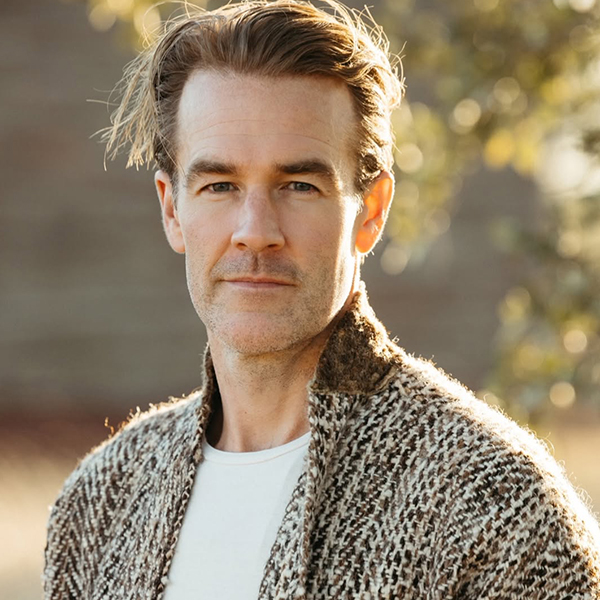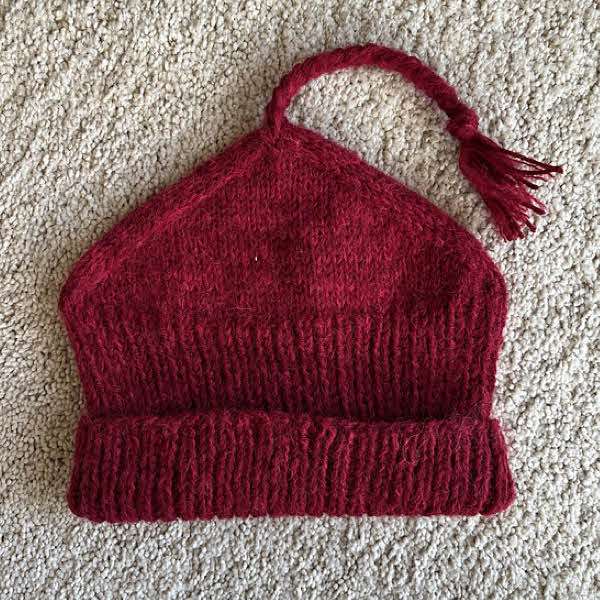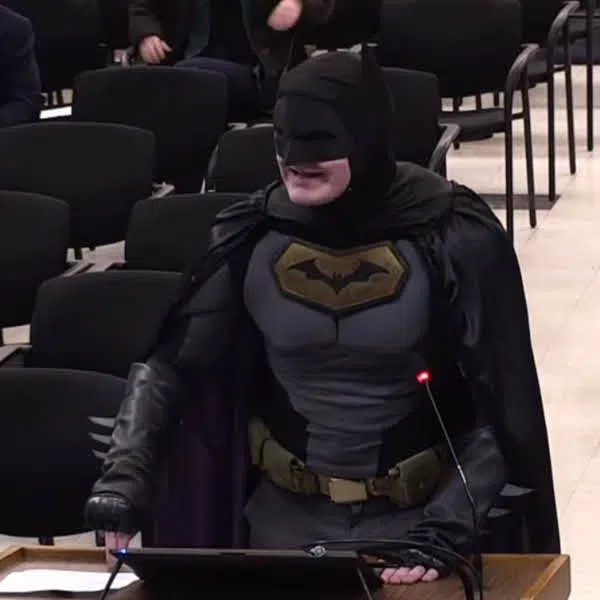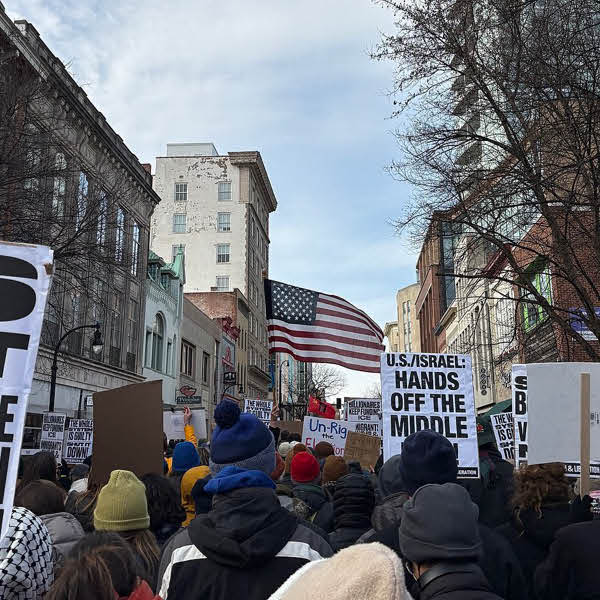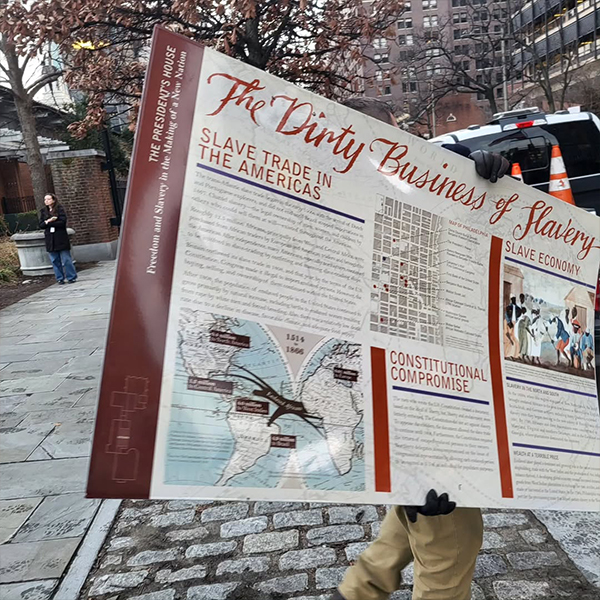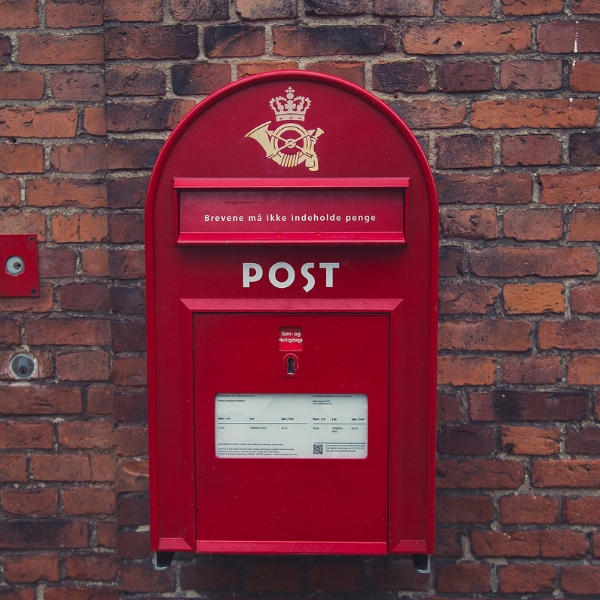View this post on Instagram
On June 24, 2022, the U.S. Supreme Court overturned Roe v. Wade, the 1973 landmark decision that protected a woman's right to abortion on a federal level for nearly 50 years. As a result, abortion access has reverted back to the decision of individual states, placing abortion access at risk for millions of Americans.
There are 13 states (Arkansas, Idaho, Kentucky, Louisiana, Mississippi, Missouri, North Dakota, Oklahoma, South Dakota, Tennessee, Texas, Utah, and Wyoming) with trigger laws in place to ban or limit abortion access in the case that Roe v. Wade is overturned. And another nine states (Alabama, Arizona, Georgia, Iowa, Michigan, Missouri, Ohio, South Carolina, West Virginia, and Wisconsin) have either Pre-Roe bans still in place and/or six-week or eight-week bans. In addition, due to the current political climate, it is possible that another four states (Florida, Indiana, Montana, and Nebraska) will limit abortion access after the November elections without federal protections in place.
As a result, people across the U.S. are protesting the lack of abortion protection, which will put many women's, non-binary's, and trans people's health at risk. Without federal protection, they will lose access to safe abortion procedures by licensed physicians in their home state, and may even risk consequences if they travel out of state to places where abortion access is still legal. This bombshell ruling has shocked Americans and the world alike, triggering thousands of people to express their anger and fear in signs and protests. In fact, some feel like the Supreme Court's decision has set the country back 50 years (at least).
Right now, the only states with laws protecting the right to abortion are California, Colorado, Connecticut, Delaware, Hawaii, Illinois, Maine, Maryland, Massachusetts, Nevada, New Jersey, New York, Oregon, Rhode Island, Vermont, and Washington state, as well as the District of Columbia. Some of these states like California and Oregon have pledged to expand access to their reproductive healthcare to accommodate those from out of state.
“Abortion is healthcare, and no matter who you are or where you come from, Oregon doesn’t turn away anyone seeking healthcare,” Kate Brown, governor of Oregon, says. “For all the Americans today feeling scared, angry and disappointed—for everyone who needs an abortion and does not know where they can access safe reproductive health care: please know you are not alone, and the fight is not over.”
Scroll down for a look at some of the signs that have been created and powerfully held at peaceful protests across the nation.
On June 24, 2022, the Supreme Court overturned Roe v. Wade, the 1973 landmark decision that protected a woman's right to an abortion on a federal level, which led many to take to the streets in a number of peaceful protests across the nation.
View this post on Instagram
As a result, abortion protection has reverted back to the decision of individual states.
View this post on Instagram
I am so angry. I can’t even think. #AbortionIsHealthcare #AbortionRightsAreHumanRights pic.twitter.com/aUuMjz9VX6
— sonni mun (@SonniMun) June 24, 2022
13 states have trigger laws in place to ban or limit abortion access in the case that Roe v. Wade is overturned.
View this post on Instagram
Another 9 states have either Pre-Roe bans still in place and/or six-week or eight-week bans.
View this post on Instagram
View this post on Instagram
In addition, it is possible that another 4 states will limit abortion access without federal protections in place.
View this post on Instagram
As a result, people across the U.S. are protesting the lack of abortion protection, which will put many women's, non-binary's, and trans people's health at risk.
View this post on Instagram
Reproductive healthcare will likely be a key issue in the upcoming elections.
View this post on Instagram
Related Articles:
Comic Artist Captures the Daily Pressures of What It’s Like To Be a Woman Today
25+ of the Most Creative Protest Signs From the 2021 Women’s March Around the U.S.
10 Fearless Women From History Who Fought for a Better Future












































































